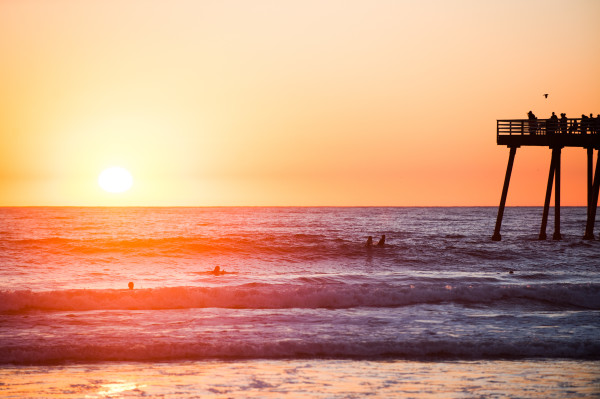As the summer weather is finally here to join us, the US Environmental Protection Agency (EPA) reminds us to stay protected from the sun’s harmful rays. According to the EPA Regional Administrator, Judith Enck, “Skin cancer is the most common cancer diagnosed in the United States.” While sun safety is never out of season, summer’s picnics, beach trips, and pool outings call for an extra reminder to play it safe.
According to the FDA, sun damage to the body is caused by invisible ultraviolet radiation. Most people recognize sunburn as a type of skin damage caused by the sun, but tanning is also a sign of the skin reacting to potentially damaging UV radiation. With tanning, the skin produces additional pigmentation that provides it with some—but often not enough—protection against sunburn.
Image Source: Thomas Barwick
As you prepare for your next trip outdoors, keep in mind these few tips to help you prevent skin cancer:
Reduce Time in the Sun
While it sounds far simpler than it actually is, limiting sun exposure, especially between 10 a.m. and 2 p.m. when the sun’s rays are strongest, can reduce the risk of skin cancer. Even on an overcast day, up to 80 percent of the sun’s UV rays can get through the clouds.
Dress with Care
I recently had a camper come to me with a sunburn from wearing a tank top all day long. I advised her to wear at least a t-shirt until her sunburn heals. She decided to wear a tank top and burn her original burn even further! As temping as it may be to soak up as many rays as possible, protecting your body from UV rays with clothing can limit sun damage. If you plan on being outside on a sunny day, cover as much of your body as possible.
Be Serious about Sunscreen
The FDA recommends you check product labels to make sure you get:
- a sunscreen with an SPF 15 or more. SPF represents how much protection it provides
- “broad spectrum” protection— protects against all types of skin damage caused by sunlight
- water resistance—sunscreen that stays on your skin longer, even if it gets wet.
Protect the Eyes
Finally, never forget about those two gorgeous eyeballs of yours. According to the Skin Cancer Foundation, eyelid cancer accounts for 5 to 10 percent of all skin cancers. Let’s not also forget about the possibility of getting cancer of the eye itself. An easy solution? Sunglasses. When buying sunglasses, look for a label that specifically offers 99 to 100 percent UV protection. While we might assume that pricier sunglasses are better, don’t be fooled! A high price tag doesn’t ensure greater UV protection.
Featured Image Source:Snapwire










